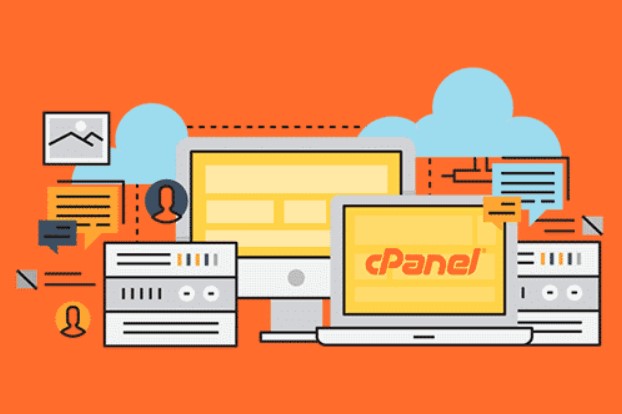
Tips To Improve Your cPanel Security
When it comes to domain and hosting services, server security is a complicated aspect that can take years to understand. Many administrators develop various security measures for their servers to prevent attacks and breaches.
Moreover, with most web hosts offering cPanel hosting, achieving server security can be as easy as implementing stronger password policies or as complex as using several tools for continuous monitoring of the server to detect any anomalies.
Read on to find out how you can improve your cPanel security to ensure robust protection.
How to Ensure Ultimate cPanel Security?
● Secure the SSH
It is an encrypted protocol, but as an administrator, you should take a few steps to strengthen the security during the configuration process. Go through the steps below to ensure robust SSH security:
- Change the SSH Port
- Disable the root login
- Disable the SSH V1
● Secure Passwords
To ensure a secure cPanel server, you must ensure robust password security.
Passwords should always be complex and must be 10 characters for applications storing critical information. For administrators and susceptible applications, having a 12-character password that would be difficult to decrypt is recommended.
● Implement the Right Security Tools for cPanel
Several plugins are available to ensure solid cPanel security measures. The most common are the Firewall (CSF) and ConfigServer Security. These tools act as firewalls that control traffic flow and prevent DDoS attacks, and they also help track network connections.
● Ensure the Right OS Configurations
The heart and soul of your hosting is the operating system, so it should be strongly configured to withstand any attack. Remember that no strategy is 100% risk-free, but ensuring the appropriate operating system configuration would reduce the risk of the operating system getting compromised.
If the operating system’s security gets tampered with, then it would be a golden opportunity for an attacker to steal keys, install malware and take over the operation of the server.
● Implement Backup Solutions
These are the most important parts for generating robust cPanel security. Every administrator should have a backup plan that can be carried out in two weeks or one month. cPanel also comes with an inbuilt backup feature that can create partial and complete backups of all the relevant files.
● Disable FTP and Make Use of SFTP
Plain text transfers data between the client and server, make it easy to read confidential information in FTP. However, using SFTP enables encryption of both commands and data. This can help secure your passwords and data from being transferred in plain text over the network.
● Ensure an Additional Layer of Security with 2FA and MFA
Implementing two-factor or multi-factor authentication, in addition to having strong password policies, can help bolster your verification processes. Integrating these robust security measures can enhance the security of your cPanel and prevent unauthorised access to your data.
Conclusion
For your web hosting to run seamlessly, you must ensure robust security. By following the above security guidelines and taking various precautions, like developing strong passwords, a firewall, and a secure SSH, you can ensure robust cPanel security.
List of References
